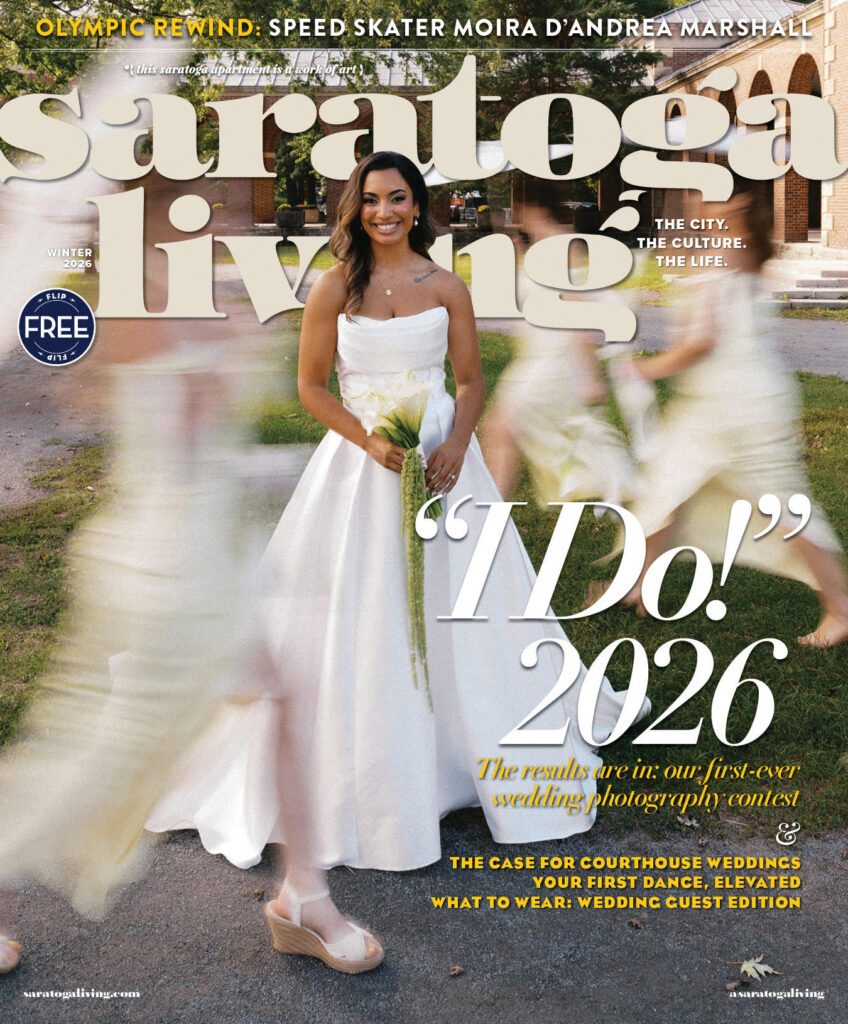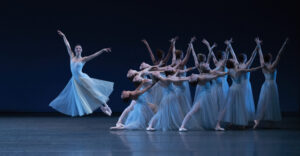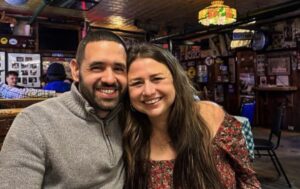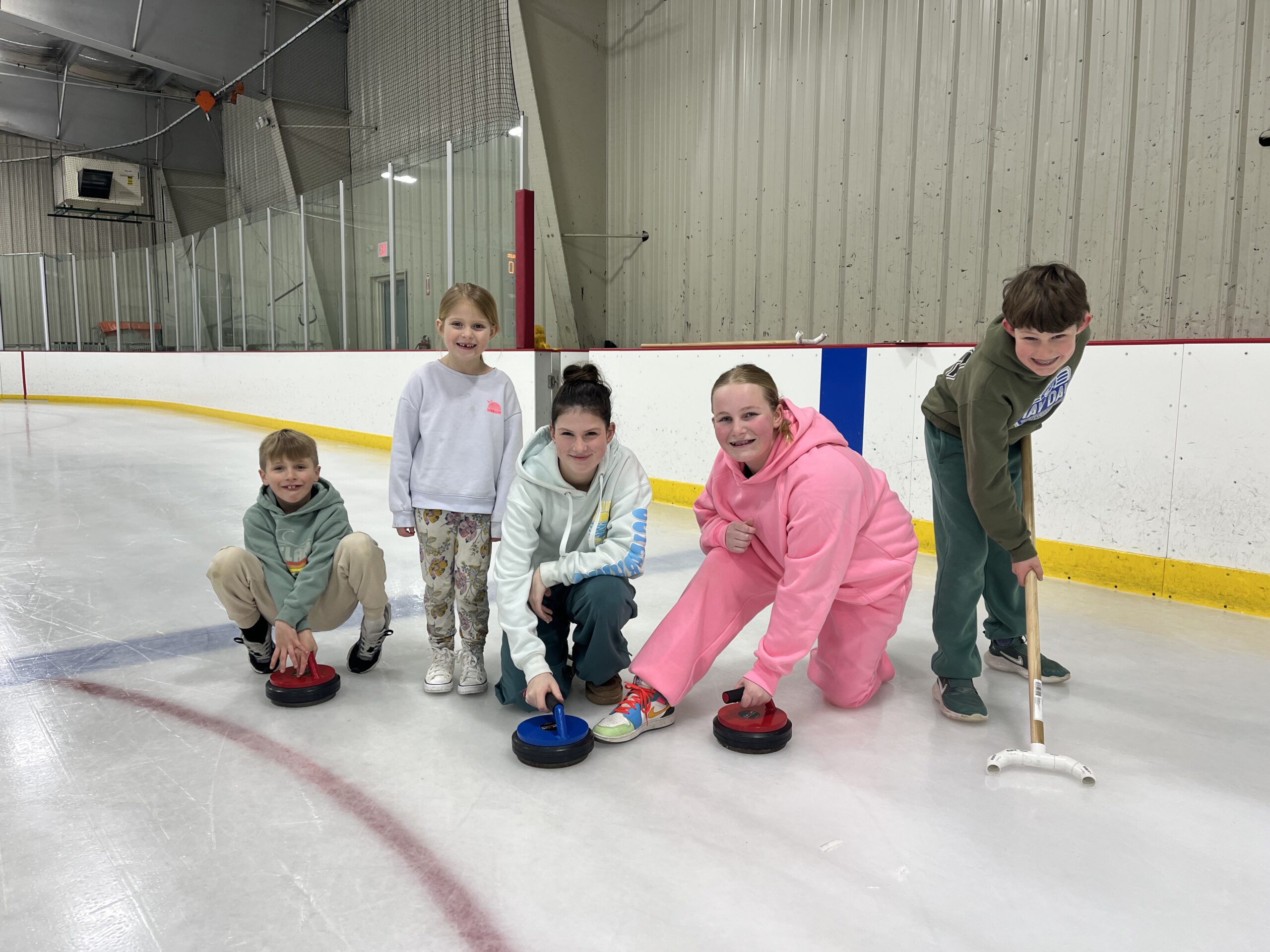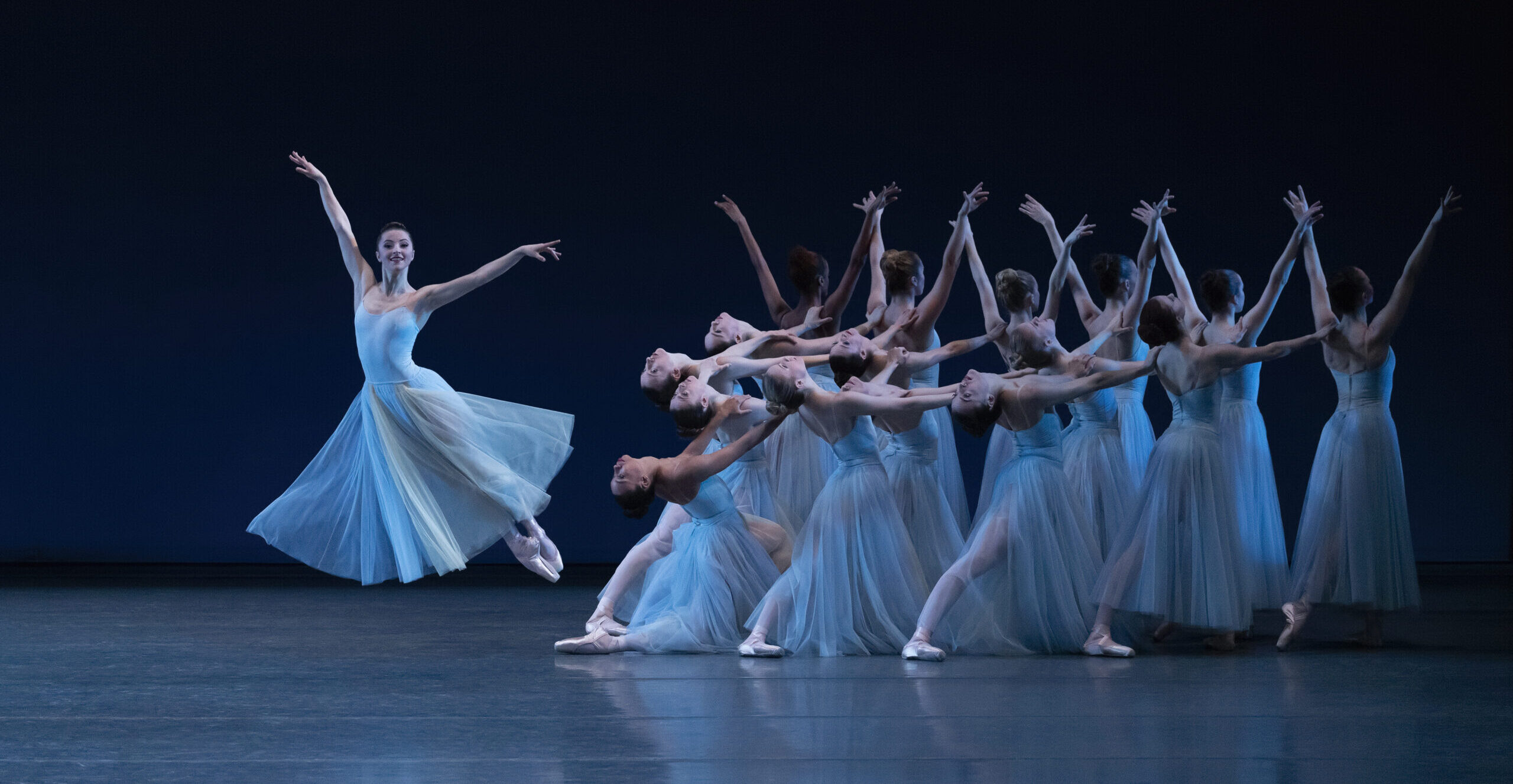While New York City wrote itself into music history with its sheer volume of folk venues—The Gaslight Cafe, The Bitter End, Cafe Wha?—Saratoga Springs needed just one. Caffè Lena, opened by Lena and Bill Spencer on Phila Street 60 years ago last month, typified a decade marked by great cultural upheaval and the transformation of societal norms. “The first show that ever happened on Caffè Lena’s stage was a Jewish woman opening for an African-American man,” says Sarah Craig, Caffè Lena’s executive director of 25 years, referring to Maxine Abel and Jackie Washington Landron. “It was very clear that Lena and Bill, while they may not have been out at the front of marches and might not have been making speeches, were having the Caffè take a position.” That same month, the Civil Rights Movement was in full tilt in the segregated South, with lunch-counter sit-ins in Nashville, TN. And the soundtrack of that cultural revolution—the punk rock of its time—was folk music.
Folk singer Happy Traum, who had been active in the Washington Square and Greenwich Village scene since the 1950s, remembers taking the bus up to Albany in the dead of winter and being picked up at the station by Bill and driven to Saratoga to play a pair of sets at Caffè Lena in 1961. While in town, he made a rather prescient personal discovery. “I was put up at the home of Dave and Mac Wasser; they had a big Victorian house, and put up a lot of [Caffè Lena’s] visiting artists,” says Traum. “It was at the Wassers’ house that I first heard Bob Dylan’s first album, where he did mostly traditional folk songs. I was pretty knocked out. I knew almost every song on the record, but it sounded so different when he did it.” The following year, Traum joined a group called The New World Singers, which caught the attention of Dylan, and by ’63, they wound up in a historic session with Dylan and in it, became the first group to ever record Dylan’s “Blowin’ in the Wind.”
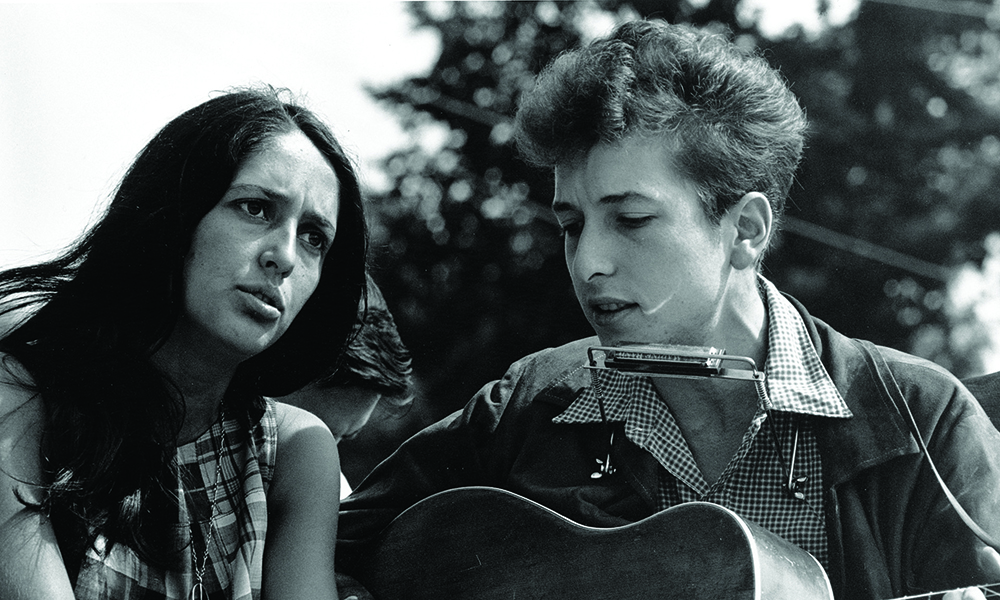
Of course, Dylan himself made two cameos at Caffè Lena, one in 1961, the other in ’62. The latter year, Bill ran off with a Skidmore College student, leaving Lena to manage the venue by herself. Instead of closing it, she transformed the Caffè into one of the country’s most important folk venues, one that was often a catalyst to history. Craig recounts one such example: “An African-American college student and Civil Rights activist from Albany, GA, named Bernice Johnson, was sent by her mother to work for Hattie [Moseley Austin] in Saratoga, as a place to get a summer of respite, because she had been on the front lines of the Civil Rights struggle.” (Moseley Austin was the owner of Hattie’s Chicken Shack, which at that time was located on Federal Street.) “A customer overheard her singing to herself and said she had a wonderful voice and she needed to come try out for Lena,” says Craig. Soon Johnson was booked at the venue, playing throughout the summer of ’62. She’d eventually go back to college and form The Freedom Singers, a group that would be at the forefront of the Civil Rights Movement, performing at Martin Luther King, Jr.’s “I Have a Dream” speech in Washington, DC; and during the Selma to Montgomery March, among other historic events.
Lena had a knack for inviting future movers and shakers to play Caffè Lena’s stage. “She was very dedicated to the club and to the [artists],” says Bill Staines, who played his first official shows there in 1969, and has performed at the venue more than any other artist. “The people and the musicians that she knew really kept her life going.” Jesse Colin Young appeared there in ’64, five years before his band, The Youngbloods, recorded “Get Together,” one of the era’s greatest peace-and-love anthems; Don McLean graced the stage in ’68, three years before topping the US charts with his epic “American Pie” (a song long rumored to have been written in Saratoga—it wasn’t); and eventual 14-time Grammy winner Emmylou Harris, who hadn’t even released her solo debut yet (an album she reportedly abhors), graced its stage in ’68 as well. Another artist who appeared at Caffè Lena on the cusp of fame was Maria Muldaur, whose eponymous 1973 debut album would eventually hit No.3 on the Billboard 200. “I remember playing at Caffè Lena in 1973 with David Nichtern,” Muldaur says. “David was a talented young guitar player who was very encouraging to me when I was first starting out as a solo performer, and he turned out to be the songwriter that penned my big Grammy-nominated ’74 hit ‘Midnight at the Oasis,’ which worked out really well for the both of us.”
Lena managed the venue up until her death in 1989, when the Caffè fell on uncertain times. At that point, it was converted into a nonprofit, and an all-volunteer board took over, running Caffè Lena for more than a year, managing and booking the venue collectively. “It was a lot to ask of volunteers, but they really muscled through,” says Craig. By 1995, the year she stepped in, there was a leadership vacuum and “a fear of losing a connection with Lena,” as she puts it. The venue had also incurred a fair amount of debt. “A lot of what I brought to the Caffè was a grassroots mentality, which is just the perfect fit for the folk world,” she says. The debt was stamped out by generous donors from across the country, and Craig began to set up the framework for fundraising, a membership program and annual fund drive. “[It needed a] consistent person who was there, who could bring to life the values of the organization,” she says. “To make it a living, breathing embodiment of its legacy, capacities and best potential.”
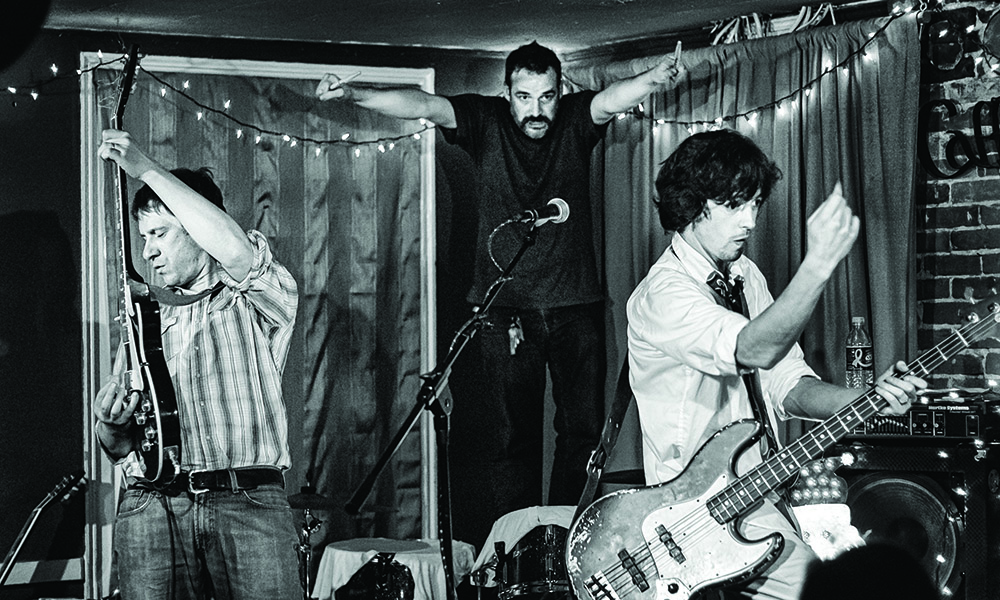
Under Craig’s watch, Caffè Lena once again rose to prominence, undergoing a multimillion-dollar renovation, which was completed in 2017, expanding the venue’s capacity to 110 and allowing it to coax in national touring acts. Just last year, it welcomed everyone from The Tonight Show Starring Johnny Carson bandleader Doc Severinsen and Rock and Roll Hall of Famer John Sebastian, to Grammy-winning folkie Judy Collins.
When the COVID-19 crisis hit this past March, though, Craig once again found herself staring down an uncertain future for the venue. On March 12, a sold-out show hosted by the Caffè, featuring indie artist Josh Ritter, who was set to play for 500 fans at Bethesda Episcopal Church, was canceled at the last minute. The next day, Gov. Andrew Cuomo tightened the restrictions on audience sizes at all venues, halving Caffè Lena’s already tiny audience for that night’s sold-out John Paul White show. “In that situation, White got to the heart of his art, and delivered the show that you would deliver on the last day of civilization,” says Craig. “It was such an important moment for an artist.” After that performance, the venue temporarily closed—and began streaming archival content on its YouTube channel, which Craig says unexpectedly reined in massive audiences. Luckily, the venue had already been wired to stream concerts virtually—and had a popular series called Late Night Sessions, which featured artists recording songs after their gigs at the venue.
Craig also hatched a plan to land Caffè Lena “essential” status, so that it could continue bringing in performers to play live in front of no audience, with the shows streamed for viewers on YouTube. “I kept reapplying every time [the state] changed the rules about who could be exempt and who could be considered ‘essential,’” Craig says. “I went through that process four times—and then, all of a sudden, we got this approval.” That was in late April. Now, thanks to Craig, folk music is once again alive and well inside Caffè Lena. At press time, it’s the lone performing arts venue in Saratoga that’s been deemed essential. The venue has rebranded its live/virtual YouTube series as the Stay Home Sessions.
But it’s certainly going to be an uphill battle for Caffè Lena. “The whole music industry is a network that requires every piece of it to be up and running,” Craig says. “We’re bringing in national tours, and that means that people have to be able to tour to all parts of the country, that there has to be a critical mass of venues to play at and that those venues need to be able to deliver paychecks that sustain that artist and their whole team. And so, if venues like a 500-seater are operating at 50 percent capacity, that’s still 250 tickets. If a 110-seat venue is operating at 50 percent capacity, that’s 55 tickets, and you are very limited in who you can bring in.” Craig’s goal is to continue building out the venue’s online presence, so that once life returns to normal-ish, Caffè Lena will have a double dose of potential new members, sponsors or donors—the ones sitting inside the venue and the ones tuning in at home. It’s certainly not a perfect situation, but it’s a big reason why the venue has been the longest continuously operating folk music venue in the country. Sixty years in, and Caffè Lena’s still raging against the machine, showing the world that it’s never been more essential than it is right now.






